Internet and Network devices plays an important role in our lives. To increase security, “virtual private networks” or “VPN networks” are often used. Find out what you need to know about VPN networks in this article!
What is a VPN network?
VPN (short for Virtual Private Network). virtual private network. They allow devices to connect privately over the Internet.
In addition, VPN also creates a secure connection between users and the Internet and thus helps encrypts data and prevents tracking User’s online activities thanks to Hide IP Address.
VPN networks support devices that connect to private networks over the Internet
Reasons for using VPN
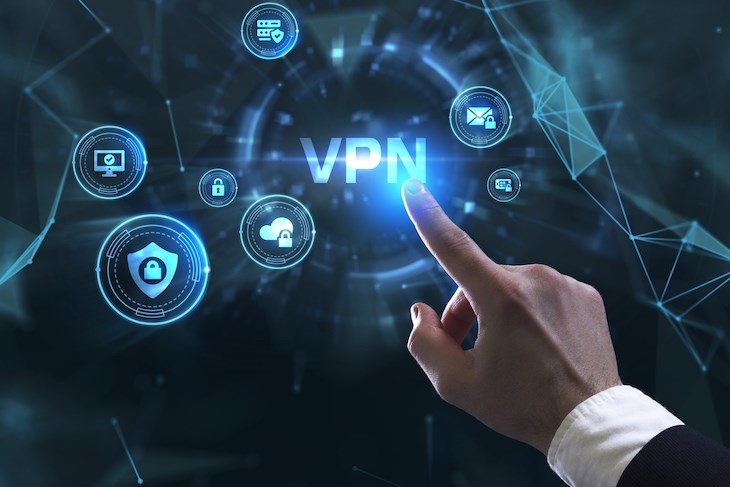
Privacy
VPN helps Improve the security of personal data for users, such as: personal information, bank passwords,… This may directly affect you, they will sell the information to third parties.
This situation is very likely if you use it frequently W-lan public. The main reason is that their privacy is low and it is easy for hackers to break in.
VPN networks help prevent unauthorized intrusions
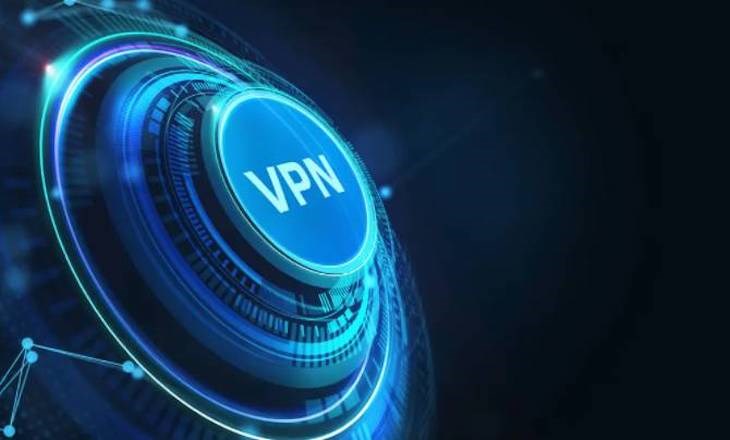
anonymity
In addition, when using a VPN, hiding the user’s IP address is supported. Because usually the IP address contains information about the user’s location and records web activity.
Most websites on the Internet collect information using cookies or similar tools so that they can recognize you each time you visit their website. Therefore, it will help users to connect to a VPN remain anonymous when using the Internet.
VPN networks help hide users’ IP addresses
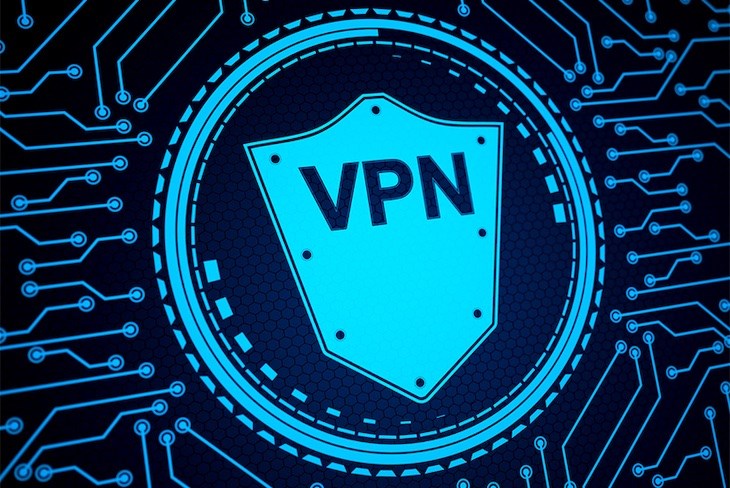
Security
VPNs often require users to enter a password before use to limit unauthorized access. VPNs can also act as a shutdown mechanism. This means they can cancel previously selected programs if they detect suspicious activity on the Internet.
This helps reduce the risk of user data intrusion and theft. With the above features, companies can remotely grant permissions to authorized users within their corporate network.
VPN networks help improve security
How VPN networks work
A VPN connection redirects data packets from your device to a remote server before sending them to third parties over the Internet. This helps protect your data from snoopers and hackers. The important principles of VPN technology include:
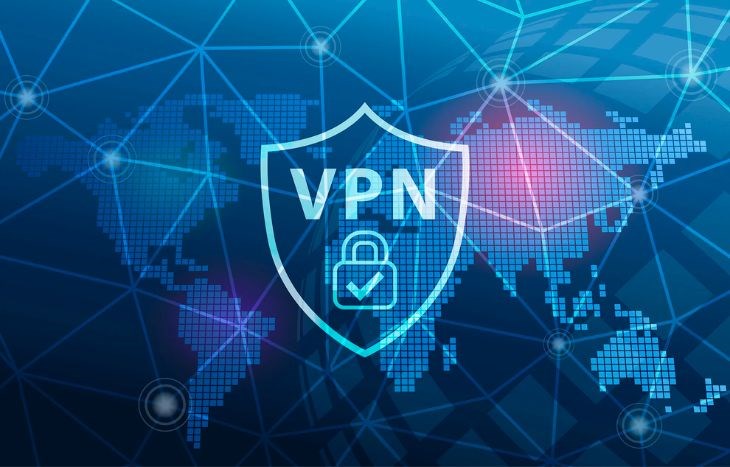
Tunnel protocol
Virtual private network will Supports the creation of data tunnels, helps secure information between your local computer and another VPN server, even if it is far away. When users access the network, the VPN acts as a gateway between your device and the Internet.
In addition, they also have the ability to protect user privacy since websites and online services cannot track your activities or even your Internet Service Provider (ISP).
VPN networks support the creation of data tunnels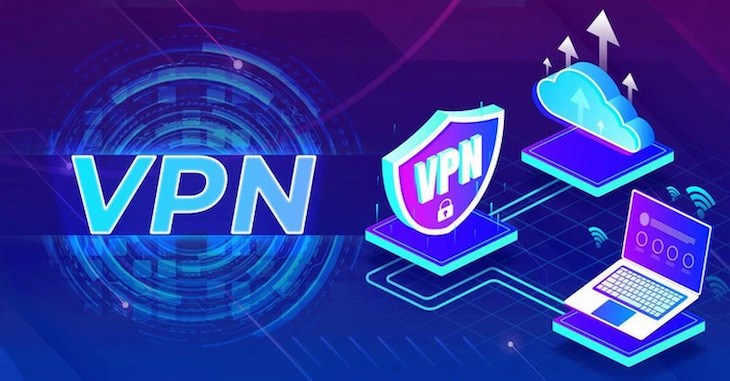
Encryption
VPN with IPSec Supports data obfuscation of the user before sending through the data tunnel. IPsec is understood as one Communications security protocol suite, thanks to the authentication and encryption of each Internet Protocol (IP) packet with the IP of a data stream.
This service acts as a filter and helps hinders the process of reading data on one side and can only decode data on the other side. Even if your internet connection is compromised, this procedure can prevent illegal data theft.
VPNs create encryption that obscures user data
VPN network characteristics
Advantages of VPN networks
When users use a VPN network, it comes with benefits such as:
- Hide your identity online
- VPN helps users overcome geographical distances
- VPN helps improve the security of online connections
- VPNs can prevent bandwidth throttling
- VPN offers the ability to bypass firewalls
Advantages of VPN networks
Disadvantages of VPN networks
However, VPN networks still have some disadvantages, such as:
- Sometimes a VPN can slow down the speed of your internet access
- Using the wrong VPN can put your privacy at risk
- High-quality VPN services often have high prices
- Not all devices support VPN
Disadvantages of VPN networks
How to set up a VPN network
Use a VPN service provider
Users have the right to choose VPN services they want to access via the browser Browse or access the Internet by downloading applications and software about the machine. Additionally, VPNs offer subscriptions that charge based on the device used. Therefore, these services often cost a lot.
VPN networks allow users to subscribe to packages
Use a VPN router
Using a VPN router includes: Users can purchase a router that is already connected to a VPN or install VPN software on their home router. This makes it easier to reach all devices using the network through the router due to automatic protection.
The VPN network supports overcoming geographical distances
Business VPN network
Site-to-Site-VPN
Site-to-site VPN is chosen by many companies with many geographically distant offices. This is considered an internal private network, which allows authorized personnel to remotely access internal network resources such as files, applications and servers.
AWS Site-to-Site VPN is a fully managed service created by a VPN Close connection between office network and AWS resources from the IP security tunnel (IPSec). Especially for globally distributed applications, this is an option that delivers excellent performance.
This service allows users to upgrade to forwarding VPN traffic to the nearest AWS network endpoint. Additionally, the cloud gives them the ability to connect to corporate data centers and branch offices with applications and services while optimizing security.
Site-to-site VPN is suitable for companies with many branches to choose from
Client VPN with Open VPN
The network administrator is responsible for Client VPN Setup and configuration for VPN service. Therefore, users simply need to be granted access to connect. This means employees can establish VPN connections from their local computers or devices to the corporate network.
AWS Client VPN là VPN managed remote access. This solution helps users securely access resources, even across WS and local corporate networks. They offer flexibility and can easily be scaled up or down depending on customer needs.
Client VPN is suitable for on-premise business models
SSL-VPN
SSL VPN (also known as Secure Socket Layer Virtual Private Network) allows users Secure remote accessThe connection between private devices and the office network takes place via a web portal and an SSL-protected tunnel.
In this case, the company allows employees to work remotely on a large scale and provides support Laptop separately for each member is very expensive. Therefore, SSL VPN is a solution that is becoming increasingly popular.
